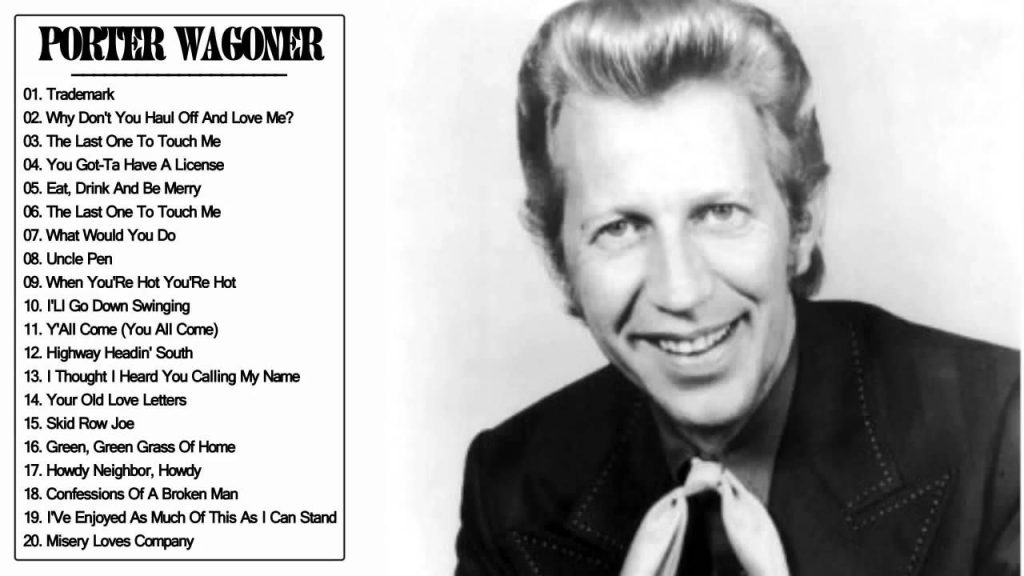
The Timeless Quest for Contentment in “A Satisfied Mind”
In the realm of country music, few songs have touched the hearts of listeners as profoundly as “A Satisfied Mind” by Porter Wagoner. Released in 1955, this classic track ascended to the pinnacle of the country charts, reaching an impressive number one position. Its success was not just a testament to its melodic charm but also to its profound lyrical depth, which resonated with audiences searching for meaning and solace in a rapidly changing world.
The song’s story begins with its writers, Joe “Red” Hayes and Jack Rhodes, who penned the lyrics inspired by a conversation between Hayes and his mother-in-law. She remarked on how many people, despite their wealth, never seemed truly content. This simple yet profound observation planted the seed for what would become a timeless exploration of human fulfillment. The lyrics of “A Satisfied Mind” delve into the universal quest for happiness, posing the poignant question: what truly brings satisfaction in life?
As Wagoner’s rich voice unfolds the narrative, listeners are invited to reflect on their own lives. The song suggests that true wealth does not lie in material possessions but in inner peace and contentment. It is this message that has given the song its enduring appeal, allowing it to transcend generations and remain relevant even today. For many, especially those who have journeyed through life’s varied landscapes, these themes resonate deeply, evoking a sense of nostalgia for simpler times when values were less convoluted by modern complexities.
Porter Wagoner, known for his glittering suits and warm stage presence, delivers this message with sincerity and authenticity. His rendition captures the essence of a man who has seen the world and understands its fleeting nature. For older listeners who remember the era of Wagoner’s heyday, the song serves as both a comforting reminder of the past and a gentle nudge towards introspection about what truly matters.
Accompanying Wagoner’s heartfelt delivery is a melody that is as soothing as it is memorable. The arrangement is simple yet effective, allowing the lyrics to take center stage. This musical backdrop serves as a perfect canvas for Wagoner’s vocal artistry, highlighting his ability to convey deep emotion with seemingly effortless ease.
Reflecting on “A Satisfied Mind,” one cannot help but be drawn into its contemplative allure. It is a reminder that amid life’s ceaseless pursuit of more—more money, more success, more possessions—there exists a quieter, more fulfilling path. A path where satisfaction is derived not from external achievements but from internal contentment.
For those who experienced the song upon its release, it may evoke memories of listening on an old radio or spinning it on a record player in a cozy living room. For newer audiences discovering it today, it offers timeless wisdom wrapped in a melody that feels like coming home.
In conclusion, Porter Wagoner’s “A Satisfied Mind” is more than just a song; it is an enduring reflection on life’s true treasures. Its continued relevance speaks to its power to touch hearts and inspire thoughtful reflection across generations. In embracing its message, we are reminded that sometimes, the richest person is not the one with everything but the one with enough—a satisfied mind.